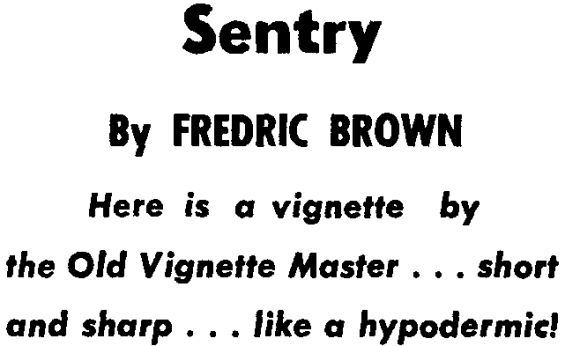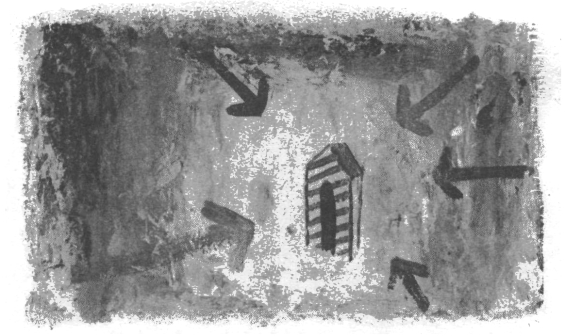
 The Humans
The Humans
By Matt Haig; Read by Mark Meadows
Publisher: Simon & Schuster
Published: July 2013
ISBN: 9781442366497
[UNABRIDGED] – 8 hours, 11 minutes
Excerpt: |MP3|
Themes: / aliens / ethnography / humanity /
Publisher summary:
“I know that some of you reading this are convinced humans are a myth, but I am here to state that they do actually exist. For those that don’t know, a human is a real bipedal life form of mid-range intelligence, living a largely deluded existence on a small waterlogged planet in a very lonely corner of the universe.”
When an extraterrestrial visitor arrives on Earth, his first impressions of the human species are less than positive. Taking the form of Professor Andrew Martin, a prominent mathematician at Cambridge University, the visitor is eager to complete the gruesome task assigned him and hurry back home to the utopian world of his own planet, where everyone enjoys immortality and infinite knowledge.
He is disgusted by the way humans look, what they eat, their capacity for murder and war, and is equally baffled by the concepts of love and family. But as time goes on, he starts to realize there may be more to this weird species than he has been led to believe. Disguised as Martin, he drinks wine, reads poetry, develops an ear for rock music and a taste for peanut butter. Slowly, unexpectedly, he forges bonds with Martin’s family, and in picking up the pieces of the professor’s shattered personal life, he begins to see hope and beauty in the humans’ imperfections and begins to question the mission that brought him there.
This book couldn’t be anything other than fiction, since it is from the perspective of an alien who was sent to earth to hold back dangerous scientific progress, but it has a feeling of ethnography to it from the alien’s perspective. As he becomes an insider, he discovers that what is assumed or known about humans around the universe – their selfishness, their monetary motivation – isn’t accurate. His commentary is more about what it is to be human, and the story was really secondary, in the sense that the story in Among Others is a secondary framework. The stories aren’t the same, but they seem to serve the same purpose.
If you’re looking for a rousing story of alien invasion and infiltration, this isn’t for you. But if you are interested in reflecting on the human condition, this will be right up your alley.
I had the luxury of listening to this entire book in one day. The narrator, Mark Meadows, does a good job of reading and drew me right in, keeping my attention for the entire book. In fact, I hardly thought about him at all, a quality I prefer in my readers!
Posted by Jenny Colvin






 A Maze of Death
A Maze of Death